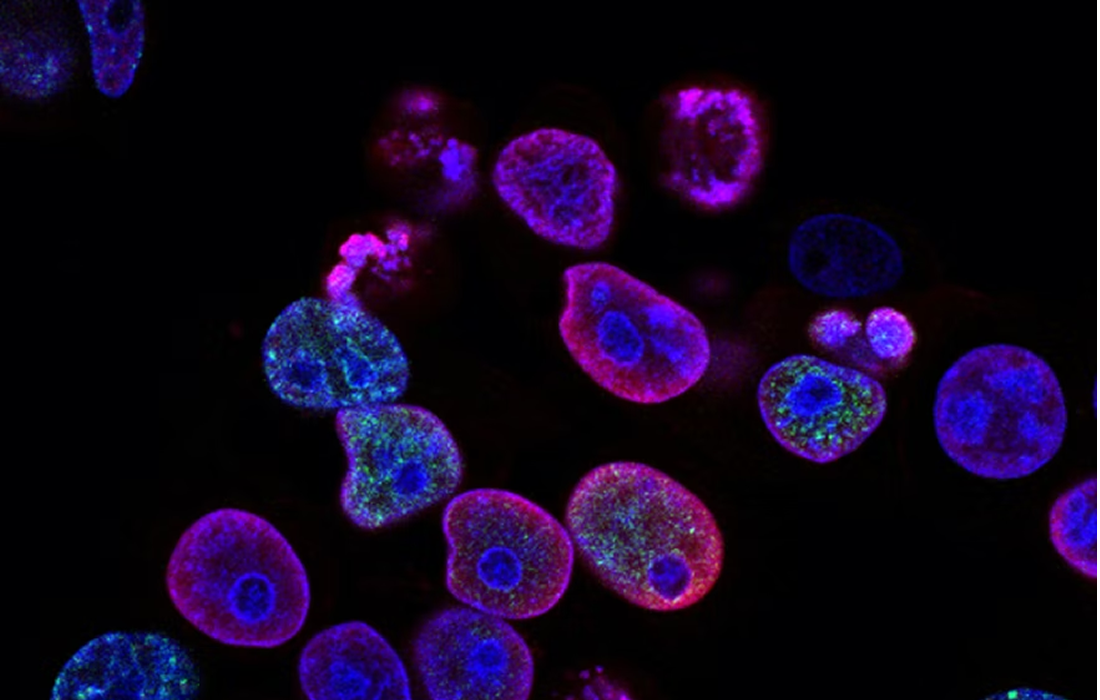Alcohol consumption is one of the leading contributors to the global burden of disease and to high healthcare and economic costs. Alcohol use disorder (AUD) is one of the most prevalent mental health conditions worldwide, with harmful effects on physical, cognitive, and social functioning. Chronic excessive alcohol consumption is associated with direct and indirect adverse […]
Category Archives: Regenerative Medicine News and General Information
A new study presented at the Endocrine Society annual conference in Atlanta, GA, reports that two oral male contraceptive candidates were effective in suppressing hormones needed for sperm production and received a favorable response from most participants in the studies. The 2 drugs have properties that resemble androgens and are also similar to a lesser […]
Excluding skin cancers, colorectal cancer is the third most common cancer diagnosed in the United States. The American Cancer Society’s estimates for the number of colorectal cancer cases in the United States for 2022 are 106.180 new cases of colon cancer and 44,850 new cases of rectal cancer. The rate of people being diagnosed with […]
Sickle cell disease is an inherited blood disorder where red blood cells become sickle or crescent-shaped, which increases the risk of frequent infections, and is also characterized by painful recurrence of vaso-occlusive events that cause hands and legs swelling, pain, and severe tiredness with delayed growth or puberty. The standard medical treatment focuses on controlling […]
Chronic migraine is less common than episodic migraine but is associated with a higher disease burden and cost. Some of these patients suffer from refractory migraines, which are persistent and debilitating headaches that are unresponsive to standard treatments. To be diagnosed with chronic migraine according to the International Classification of Headache Disorders, third edition (ICHD-3), […]
Lung cancer is the most prevalent cancer, with over 2 million new cases reported in 2020 worldwide. It is also the leading cause of cancer-related deaths globally, with 1.79 million reported deaths in 2020. Non-small cell lung cancer accounts for up to 85% of all lung cancer cases, remains the most common type of lung […]
Antimicrobial resistance (AMR) represents one of the greatest challenges facing humankind. It is currently responsible for 700,000 deaths/year. By 2050, 10 million lives/year worldwide will be at risk from drug-resistant infections. Commonly used antibiotics are becoming increasingly ineffective against a growing number of drug-resistant pathogens and the development of new antimicrobial agents has stagnated. There […]
The use of synthetic receptor signaling has the potential to overcome major barriers in the treatment of solid tumors, including the need for chemotherapy by endowing adoptively transferred T cells with new functions. Recently, a team of researchers has found that a synthetic IL-9 receptor allows cancer-fighting T cells to do their work without needing […]
In order for our immune system to establish an adequate antitumor activity, it requires antigen-specific lymphocytes to undergo activation, expansion, and differentiation, which is determined by the interaction between T cells and antigen-presenting cells (APCs). That is why the control of APC function is a critical step for therapeutic strategies that require T-cell stimulation, with […]
Multiple sclerosis is a major cause of disability, particularly in young adults in temperate climates. Despite much success with drugs that substantially reduce relapse frequency during the initial inflammatory, relapsing-remitting phase, more than half of patients eventually develop non-relapsing, secondary progressive multiple sclerosis one to two decades after the onset of relapsing-remitting multiple sclerosis. This […]










